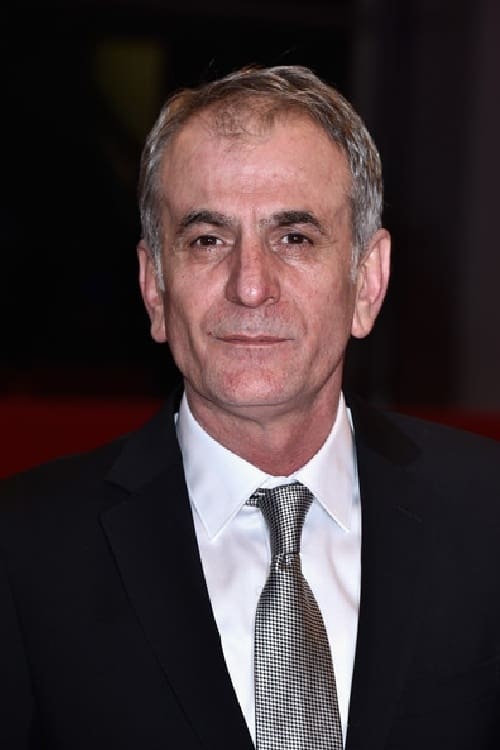Remember Vukovar (2008)
Genre : Drama, War
Runtime : 1H 40M
Director : Fadil Hadžić
Synopsis
Illustrates the story of the siege of the Croatian town of Vukovar by the JNA and Serbian paramilitary forces in the autumn of 1991.
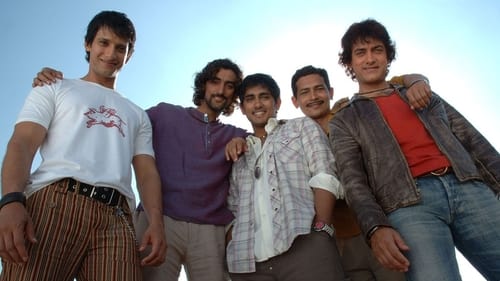
After a group of friends graduate from Delhi University, they listlessly haunt their old campus, until a British filmmaker casts them in a film she's making about freedom fighters under British rule. Although the group is largely apolitical, the tragic death of a friend owing to local government corruption awakens their patriotism. Inspired by the freedom fighters they represent in the film, the friends collectively decide to avenge the killing.
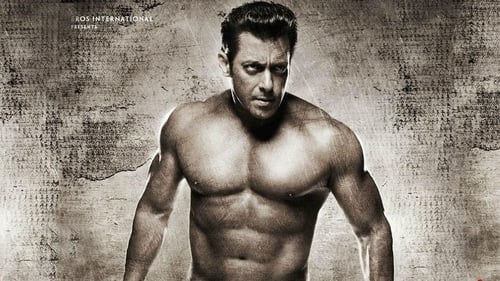
An upright ex-army man, Jai fights a solitary war against corruption and injustice. With a simple mantra to pay forward, he starts off by helping one person and forms an ever growing circle of people helping each other.
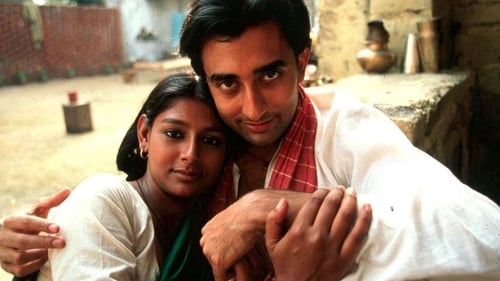
It's 1947 and the borderlines between India and Pakistan are being drawn. A young girl bears witnesses to tragedy as her ayah is caught between the love of two men and the rising tide of political and religious violence.
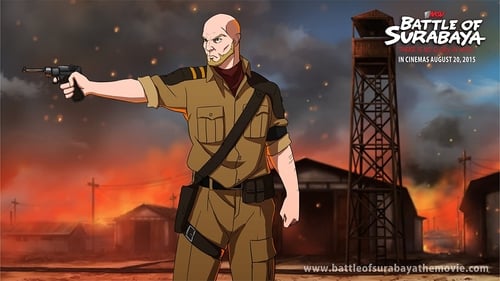
Musa, who is only a thirteen-year-old shoe shiner, undergoes destiny through his adventure of waging war during the war time. Will he manage to bring peace among the troops who keep on fighting for nothing?
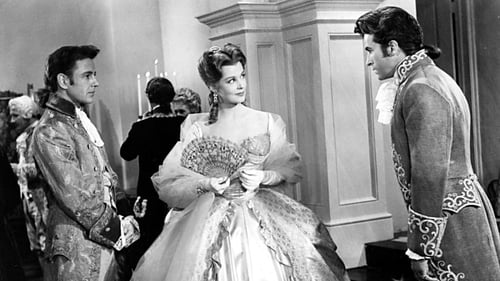
Lamas plays an indentured servant who rises to power in Georgia shortly after the Revolutionary War.

Set in Burma in the year 1945, Netaji Subhash Chandra Bose plans to launch the INA to fight the British. This is also the time when Adi comes back to Burma to take care of his family business. Upon his arrival, he gets engaged to a British Tasildar’s daughter. Just as he is set to get married, the atrocities of the British keep growing and Adi is forced to fight the British.
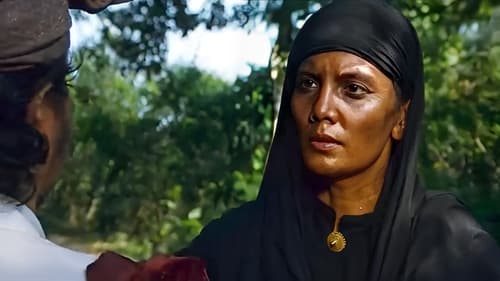
Set in 1896, "Tjoet Nja' Dhien" celebrates one of Indonesia's great heroes who fought for independence from the Dutch. The pious Muslim people of Aceh, a city that had flourished since ancient times as a trade port, enter into a fierce war with the Dutch. Tjoet Nja' Dhien, the widow of a rebel leader operating in Aceh in Sumatra, assumes the leadership when her husband Teuku Uma is killed in an ambush. Dhien's charismatic presence and power of survival motivate the locals to join and later continue their opposition to the Dutch. Despite personal obstacles, she remained in the thick of the struggle for ten years.
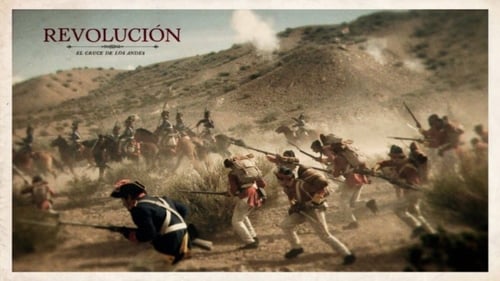
Buenos Aires, 1880. A journalist interviews Manuel Esteban Corvalán, one of the last living men who crossed the Andes in 1817 with José de San Martín, during the Argentinian and Chilean wars of independence, as one of his secretaries, when he was only 15 years old.
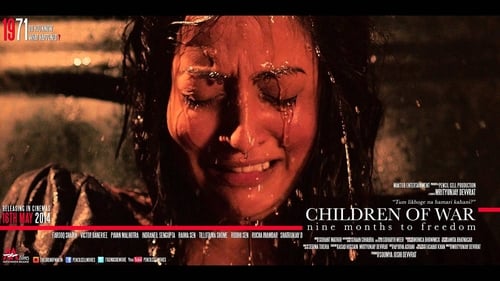
Children of War is a movie based on the true events of the 1971 Genocide. Can we, in search of power, become animals? A genocide; neglected! The first use of rape as a weapon of war; undocumented! The lives of millions; unaccounted! The culprits; unpunished!

The movie depicts the Romanian War of Independence (1877-1878).

A beautiful, intelligent and flirtatious young girl, Yonta, is secretly in love with a friend of her parents, Vicente, a hero of the war of independence. Vicente is unaware of her passion as she is of the love of a young man who sends her anonymous love letters.

Illustrates the story of the siege of the Croatian town of Vukovar by the JNA and Serbian paramilitary forces in the autumn of 1991.

As children, a Mozambique native and a Portuguese colonialist were friends. Years have passed and Mozambique is fighting for its independence. Two childhood friends meet on opposing sides.

TAITA BOVES chronicles a thirst for revenge that devastated a country. It tells the true story of Jose Tomás Boves, a cruel man who became a legend during the Venezuelan War of Independence, the most violent in the Americas. He went from seafarer to pirate, horse smuggler to prosperous merchant, prisoner to military chief. Spanish by birth, he spearheaded a grass roots troop of slaves, mulattoes, Indians and mestizos that crushed Simón Bolívar and his patriot army. Respectfully referred to as "Taita" by them, he fought for the underprivileged and the poorest of the poor, and curtailed three centuries of order in this colonial region. This film is about his passions and power, his loves and misadventures, and a bloody saga that rocked Venezuela.

A film about short-lived Slovenian war of independence.

In the year 1870 Rome, then governed by the Pope, was captured by the Italian General La Marmora's troops. After the armistice, the Italian soldier Alfonso killed a Pope's soldier, the son of Don Prospero. Then he sought refuge in the house of Don Prospero himself. There Costanza and Olimpia, respectively the wife and the daughter of Don Prospero, fall for him. Then Gustavo, who knew that Alfonso had killed Don Prospero's son arrived in the house... Some things are going to happen

Stolen Kosovo is a Czech language documentary by director Václav Dvořák (b. 1948), about the Serbian–Albanian conflict in Kosovo. The documentary describes the situation, first in a short overview of the history of the area, followed by the 1990s conflicts and bombing of Serbia by NATO forces in 1999 and ending with the situation after the Kosovo War. The documentary focuses on the 1990s in the time of Slobodan Milošević's rule as well as on numerous interviews of Serbian civilians and, less, of Albanian insurgents against the Milošević regime.

During the Napoleonic Wars the British Army realised that it needed skirmishers, as a result it raised 2 Rifle Regiments both armed with the icon Baker Rifle. This programme explains how the Riflemen of the 95th Rifles were dressed and equipped. It is an ideal accompaniment to our Series on the 95th Rifles.

The third and final film in the award-winning box office hit RED AND WHITE trilogy set during the 1947-48 Indonesian revolution, as a band of guerrillas fights for Indonesia's freedom on land, sea and air against the Dutch empire.

The story follows a group of Croatian refugees who have been forced to leave their hometown of Vukovar by Serbian forces during Croatia's struggle for independence. The people are settled at a railway station in a village near Vukovar, where they live in a train which is adapted to serve as a temporary accommodation.The situation grows dim as the date of their return proves to be uncertain, and the lives of the survivors and refugees becomes more and more complicated being burdened by PTSP and strong feelings of hope to return to their homestead.




